Renowned HIV/AIDS activist Asunta Wagura gave birth to twin girls at the age of 60.
Asunta shared the news on her official Facebook page, posting a picture of the twins, describing it as a double blessing at nearly 60, along with a tale of unexpected joy and twin delights.
“This year, my life’s narrative took a comedic turn worthy of an Oscar—yes, at the sprightly young age of nearly 60, I’ve become a mother to twin girls! It’s a plot twist I never saw coming, and one I can hardly believe myself,” she said.
According to World Health Organization (WHO), most women experience menopause between the ages of 45 and 55 years as a natural part of the biological cycle.
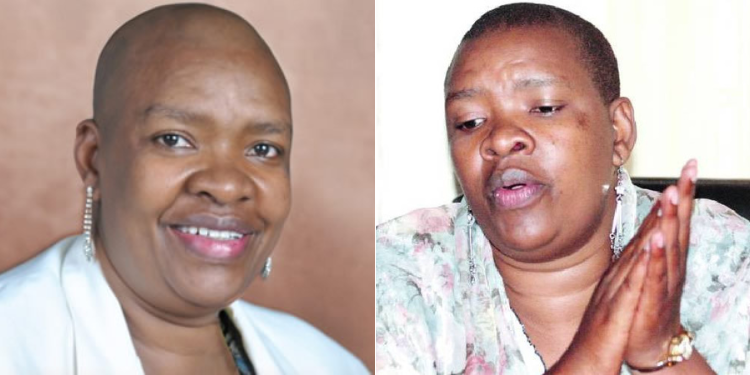
Asunta described the birth of the twins as a miracle that has not only doubled her joy but also led her into profound pondering about life’s infinite possibilities.
“I never knew exactly what I was looking for until it arrived, swaddled in pink, and crying out with vigorous, life-affirming wails,” she added.
“It has been a fulfillment, a revelation, a revolution of the soul! And in those quiet moments, cradling my daughters, I wonder at the majesty of life and the boundless capabilities of the Divine.”
Asunta is now a mother of seven, five boys and two girls and married to Martin Muchemi.
HIV/ AIDS Activist Asunta Wagura Faced Rejection
She has lived positively with HIV for over 34 years after she was diagnosed with the virus in 1988 while studying nursing at the college.
This was after she was summoned into her principal’s office following a routine medical test, where a crowd of tutors, student leaders and her mother were waiting.
Also Read: Profile of Kenyan CEO Earning Ksh1.2M Per Day
” I’m sorry, you have AIDS,” Wagura recalled being told by one of the tutors.
At the time, a HIV diagnosis was similar to a death sentence.
She would later be told she had only six months to live.
The activist was later rejected by family including her own mother and friends and found herself on the streets of Nairobi with nothing.
“While I was packing my stuff at the college she told me, ‘Well, this is it, whether you die or live, you must make sure you compensate me back what it cost me to bring you to this college,” ” she shared earlier with CNN.
“And this was about 20 minutes or so after the disclosure of my HIV status and I was wondering, “is this coming from my mother?”
Mostly she wished to just get one person who would appreciate her, understand what she was going through during that period until she dies.
Alone in the world, Wagura made several suicide attempts while her family prepared for her funeral.
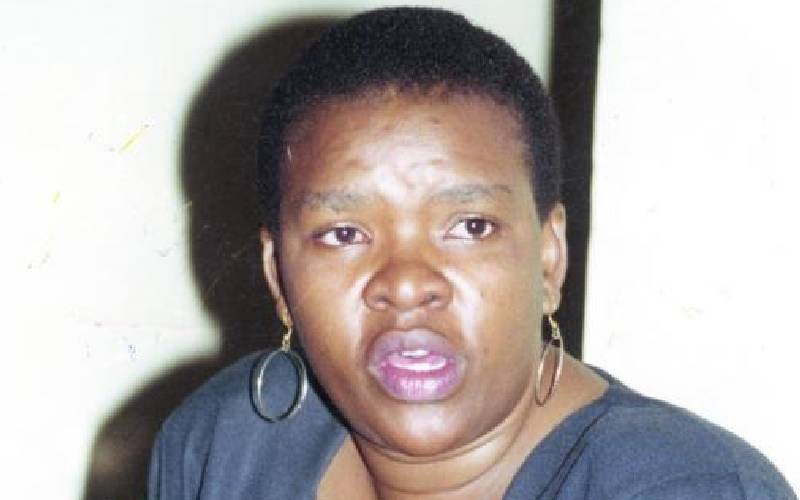
But as the six months passed and the clock ticked down, she discovered herself alive and resolved to live one day at a time.
“I believe that was the turning point,” she reflected. “I decided it doesn’t matter what people say, what my family says, I’m in charge from now until the time I depart.”
Wagura Founds KENWA
With her family abandoning her, Wagura chose to go public and bravely shared her story, aiming to overturn the belief that AIDS spells certain death.
In 1993, together with several friends, Asunta started an association to help others in her situation known as the Kenyan Network of Women with AIDS (KENWA) to soften the blows of stigma.
At the time, the stigma around AIDS was so bad that people were being thrown out of their homes.
Through KENWA, she stepped in to help those who had been diagnosed by making home visits and providing basic foodstuffs, bed management, and care, at one time reaching upwards of 10,000 people.
Also Read: KRA Questioned for Dismissing 133 Jobseekers After Pregnancy and HIV Tests
This turned her into Kenya’s renowned anti-HIV/Aids crusader and her work has helped to change public attitudes toward HIV/AIDS in Kenya.
Asunta Accepts Living with HIV/ AIDS
She challenges the assumptions of how an HIV-positive woman can live her life.
Wagura and other activism, followed by the Kenyan government, actively worked painstakingly to alter public attitudes toward HIV/AIDS in the East African country.
From the outset, Wagura has boldly challenged societal assumptions about the life of an HIV-positive woman by making her entire life public.
When asked about her health, she says she doesn’t think about it so much and doesn’t have to keep remembering that she is HIV-positive.
“Really brought out the best in me. It really opened chapters in my life and my perspective on people. If I have been successful, it is because I have been able to lean on people’s shoulders,” she said earlier in an interview.
“I’ve gotten almost what I thought I lost. I’ve worked around my career, around my family, and towards my happiness and fulfillment of life and that is what I was robbed of by HIV.”



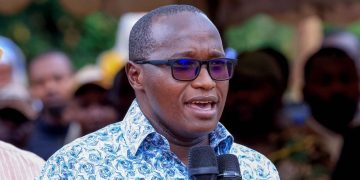




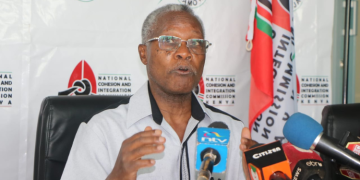












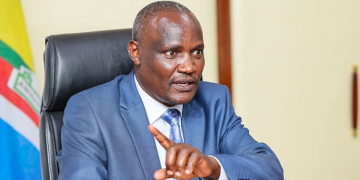





























![Senator Allan Chesang And Chanelle Kittony Wed In A Colourful Ceremony [Photos] Trans Nzoia Senator Allan Chesang With Channelle Kittony/Oscar Sudi]( https://thekenyatimescdn-ese7d3e7ghdnbfa9.z01.azurefd.net/prodimages/uploads/2025/11/Trans-Nzoia-Senator-Allan-Chesang-with-Channelle-KittonyOscar-Sudi-360x180.png)























